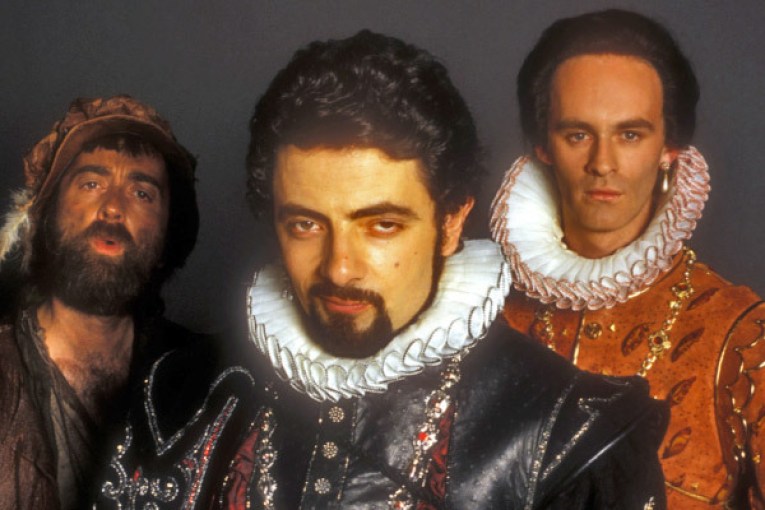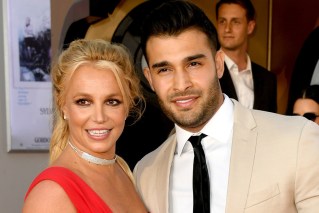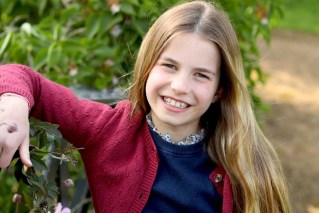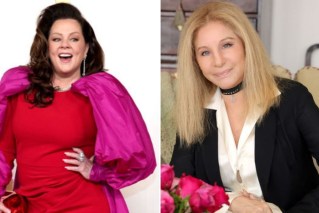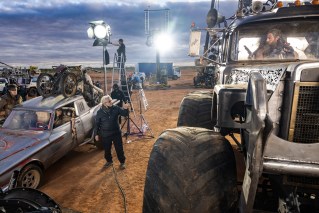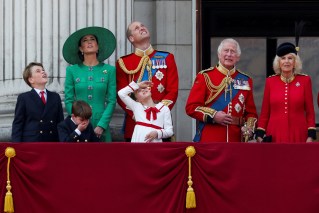Aussie TV show hits and misses: Million Dollar Island, The Traitors and Big Brother all have this sad common trait

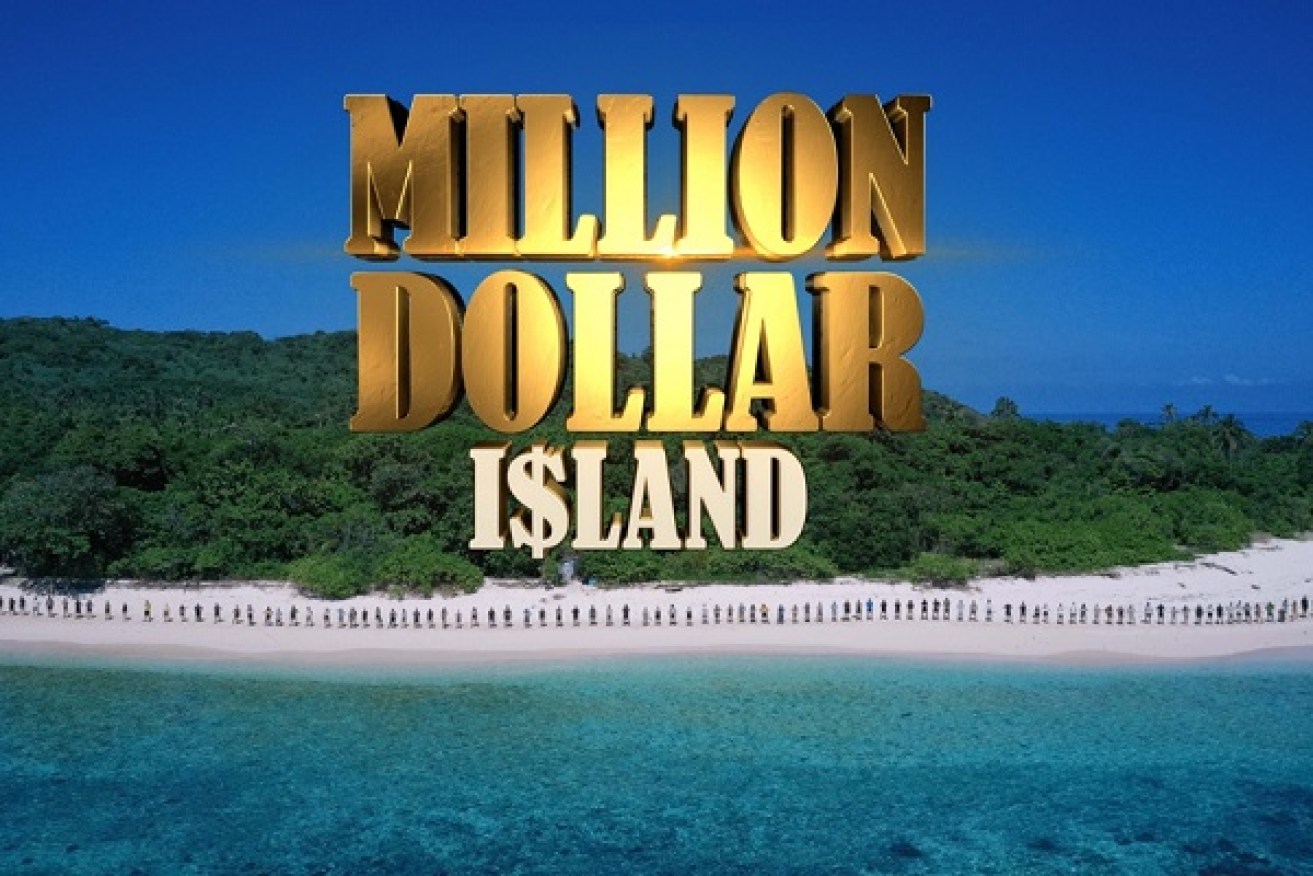
Million Dollar Island was supposed to be Survivor on steroids. Sadly, it didn't live up to expectations. Photo: Seven
It’s no surprise the hottest shows on TV this year were every FIFA Women’s World Cup match – especially those featuring the Matildas, Fisk, Thank God You’re Here with new host Celia Pacquola and Nine’s Travel Guides.
But when the Seven network announced its “exciting, new” reality television series, Million Dollar Island, on Sunrise, it was hoping its secret-weapon host would play a key role in toppling Nine’s TV ratings giant, Married at First Sight.
With $1 million as prize money, SAS Australia‘s Ant Middleton [aka the self-described games master] spruiked the show on the couch, describing it as “The Hunger Games meets Lost”.
He said 100 people (“homeless to high rollers to a parent”) would compete on the big-budget production, and fans were drawn in: “You win, you lose, you get thrown off the island, you’re going to see the best and the worst of humanity.”
A social experiment? Yes, it was.
Successful for the network? Survivor on steroids? Nope.
“This show had everything going for it, Ant Middleton, an island, Kmart mums, bogan tradies, the false lull of actually winning a million dollars,” wrote TV Blackbox‘s Samantha Kirkley, who compiled a list of “what was hot and what flopped” in 2023.
“[Seven] put a lot of energy into marketing Million Dollar Island but the ratings were as low as the tide around the island itself, averaging around 250,000 viewers an episode.”
Yikes.
The series, which launched in June, got off to a rocky start with production delayed for three months after asbestos was found on the island.
Then there were criticisms on the network’s programming schedule by bumping Home and Away and slotting it in straight after the news: “Stupid mistake, watch it plunge”, wrote one fan with high expectations.
Other viewers said it was a Survivor rip-off, and that it was hard to emotionally connect to 20 contestants, let alone 100.
Million Dollar Island joined the club of other Aussie TV flops this year including the Ten Network’s Shark Tank and The Traitors, Big Brother and Blow Up Australia on Seven.
Blow Up was always destined to be a flop, given the premise was getting the world’s top balloon artists – who are more used to busking and children’s parties – to make art from balloons.
“Viewers were quick to give the show a flick and after two episodes, [Seven] put a pin in Blow Up’s primetime spot and bumped it to sister Channel 7flix.
“With very deflating ratings, [it] did not announce a renewed season of Blow Up for 2024,” wrote Kirkley.
Likewise, Seven stablemate Big Brother, hosted by Gold Logie winner Sonia Kruger, also crashed and burned.
“Compared to its peak seasons in the 2000s it premiered [with] less than 300,000 viewers, down 80 per cent from its average viewership in 2002,” she said, adding that blame centred around “its drift” from the original concept.
No news of renewal in 2024.
Hosted by Rodger Corser, there were even celebrities including Luke Toki and Gyton Grantley to lure views for The Traitors.
There was prize money up for grabs, but the last players standing walked away with zero dollars to show for effort.
Online fans thought the show was entertaining [there are US and UK versions], but when ratings govern free-to-air network decision making, this was never going to be renewed.

Meet the new ‘sharks’, the next generation of successful entrepreneurs who understand the internet. Photo: Ten
By all accounts, Shark Tank had all the ingredients for compelling viewing after a five-year hiatus, including a new set of multimillionaire entrepreneurs steering fresh-faced wannabes into successful businesses.
The season premiere pulled in just 237,000 viewers in the capital cities [according to MediaWeek‘s report on August 30], which Daily Mail Australia said was the “third worst entertainment launch on Australian television”.
“Brand-new sharks” with “brand-new Aussie entrepreneurs” ready to enter a “brand-new Tank for the chance to change their lives forever”.
By October 18, the total TV audience for the finale was 364,000, but it wasn’t enough of an audience share when competing with SAS Australia and The Voice on Seven and ratings juggernaut The Block on Nine.
A Network 10 spokesperson told Daily Mail Australia: “Overnight audiences are just one part of Total TV and don’t accurately reflect the total viewing audience in Australia.
“Our shows typically grow between 20 to 40 per cent with the inclusion of BVOD and seven-day time shift TV viewing and we know this will be the same for Shark Tank.
‘It’s a competitive environment, but just like Aussie entrepreneurs we’ll continue to back ourselves and this fantastic show that celebrates local businesses, entrepreneurs and innovation,” it wrote.
The hottest hits
Breakout hit of the year was SBS’s Alone Australia, which will return in 2024 with the South Island of New Zealand revealed as the location.
The show passed the one million viewer mark for episodes one and two – driven largely by the show’s tremendous success on SBS On Demand – with almost half the audience coming from online.
Netflix’s Heartbreak High also won hearts, with Kirkley noting “with a great diverse cast and some wicked plot twists, Heartbreak High put Australia on centre stage”, winning an Emmy and ranked in the Netflix Top 10 in 43 countries.
Then there was every kid’s favourite, Bluey.
When the season’s first episode, Cubby, launched in April, it attracted a total audience audience of 1,498,000, making it the highest overnight premiere achieved by any Bluey episode since its inception in 2018.
After its success on the ABC, Netflix snapped up the quirky series, Fisk, starring writer and stand-up comedian Kitty Flanagan.
It ranked in the top 10 in several countries and has been renewed for 2024.
Last, but definitely not least, the incredible success of the Matildas broke ratings records for the Seven network.
According to the Australian Financial Review, more than seven million Australians tuned in on free-to-air TV to watch their semi-final against England on August 16.
“Over the 90 minutes of play, 11.15 million Australians tuned in – more than 43 per cent of the population,” it wrote.
Despite the flop of a few TV shows, the Seven network’s audience was up 21 per cent in 2023.
Seven West Media managing director and CEO, outgoing James Warburton, said: “Once again, Seven has taken the crown as Australia’s most-watched TV network. No matter how you cut it, we are No.1, with the news, sport and entertainment Australians want to watch.
“This year was Seven’s second best year ever in ratings history, with our biggest share since 2018.’’
He said the network had grown their commercial share across “key tentpole programs” including SAS Australia, My Kitchen Rules, Farmer Wants A Wife and Dancing With The Stars.
“Seven has once again shown consistent leadership across the year, winning more weeks nationally than any of our competitors and achieving a 40 per cent-plus audience share in the capital cities for only the third-ever time,” he said.

